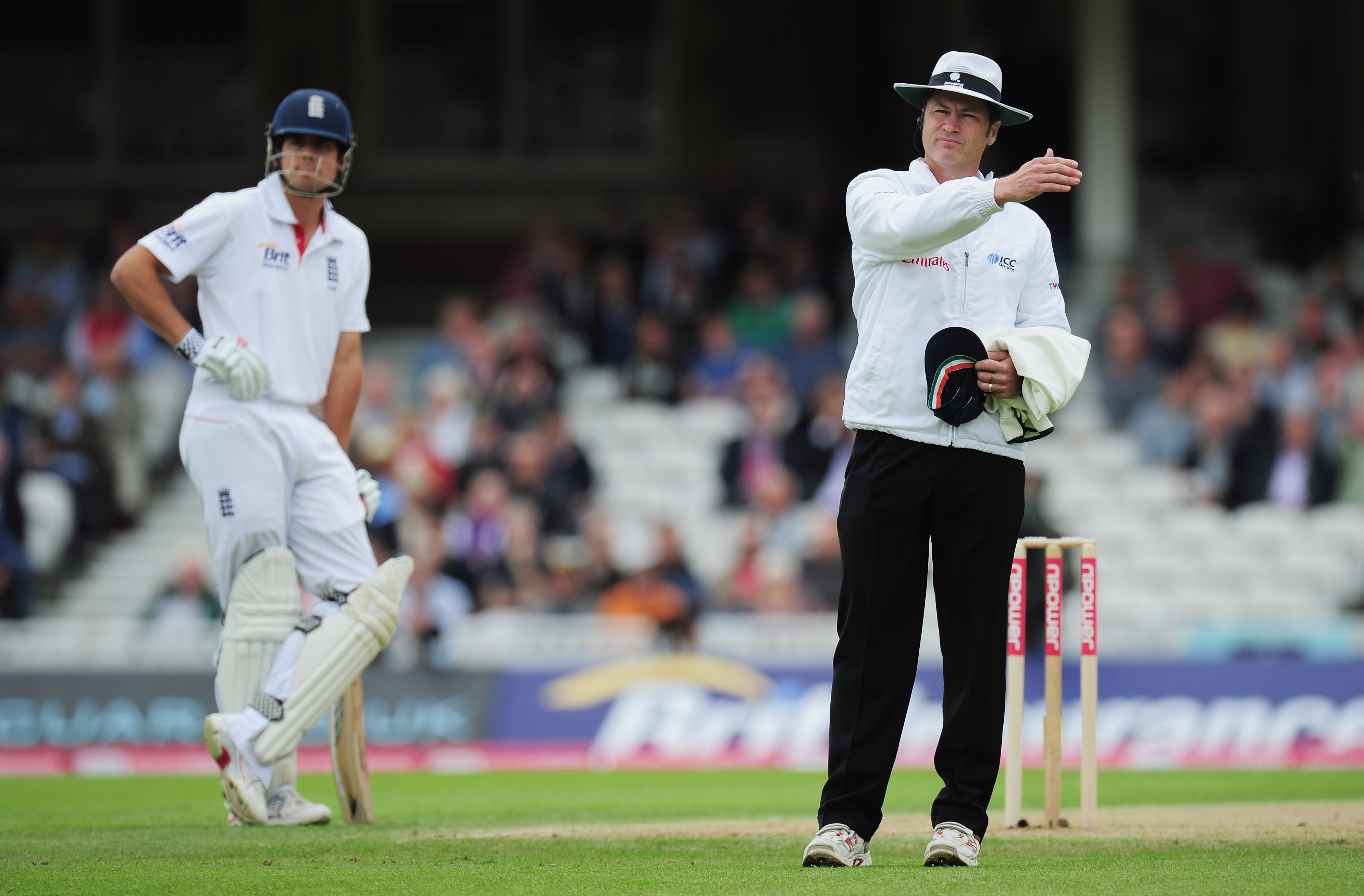My style of umpiring included desensitising myself from the game, attests Simon Taufel
Former ICC umpire Simon Taufel has revealed that his style of umpiring included desensitizing himself from admiring the batting or bowling displays in front of him. Taufel, who was in India to promote his book Finding The Gaps, spoke about the challenges of umpiring in international cricket.

From being the youngest ever to umpire to officiate 100 ODIs to winning the ICC Umpire of the Year award for five years in a row, Taufel’s career in cricket shines brightly. He stepped down from cricket’s elite panel of umpires after the T20 World Cup in 2012 and took up a new role as ICC's Umpire Performance and Training Manager. After resigning from that role in 2015, the 48-year-old went on to pen a book in which he tries to transfer his knowledge to suit people going into various disciplines.
Though the Aussie recognizes that some of his co-officials thoroughly enjoyed and appreciated the performances that unveiled before their eyes, he himself chose a hands-off approach while standing in for matches.
“Yes, but my style was different. There are some officials who appreciate the art and the craft in front of them, but for me, the best way that I could get focused and give my best performance was to disengage or to try to desensitise myself from being caught up in who was batting or who was bowling, the state of the match or the scoreboard etc. For me, once I became emotionally involved in that way I wasn’t where I wanted to be, I wasn’t able to have a clean mind about where a ball pitched, where it hit and where it was going,” Taufel told Sportstar in an interview.
“It didn’t matter whether it was (Sachin) Tendulkar batting or (Brian) Lara, (Adam) Gilchrist or (Steve) Waugh. It didn’t matter whether it was (Glenn) McGrath or (Shane) Warne bowling. It was about making sure, I was looking at the set of pads and cricket ball and doing that,” he said.
Though he was an umpire rated second for accuracy, with the percentages rising higher 96, and best overall, Taufel does not believe that a good umpire is solely one who gives the least (number of) bad decisions.
“Well, mistakes are part of umpiring, they go with the territory. When I started umpiring, I thought I would never make a mistake. I thought this is pretty easy, being under the umpiring force, I thought I have played for a few years and I know the laws, but I got some answers wrong in the laws exam, and you realise you are not bullet-proof. What I have learnt the hard way is that we can’t be perfect, but we can be excellent, which is why it’s a difficult concept,” he said.
Taufel also recognized Sri Lanka as the toughest country to umpire as, he believes, all the different challenging variables coming into play on the field.
“I have said to a lot of people that if you can umpire well in Sri Lanka, you can umpire anywhere in the world because there are a lot of on-field challenges. You have to be good with the swinging ball, with the ball bowled at pace, the ball that turns with variable bounce. You have to be good at heat, humidity, food, language and culture. So in umpiring there are also venues that you go to, they test maybe one set of skills,” Taufel added.

Comments
Sign up or log in to your account to leave comments and reactions
0 Comments